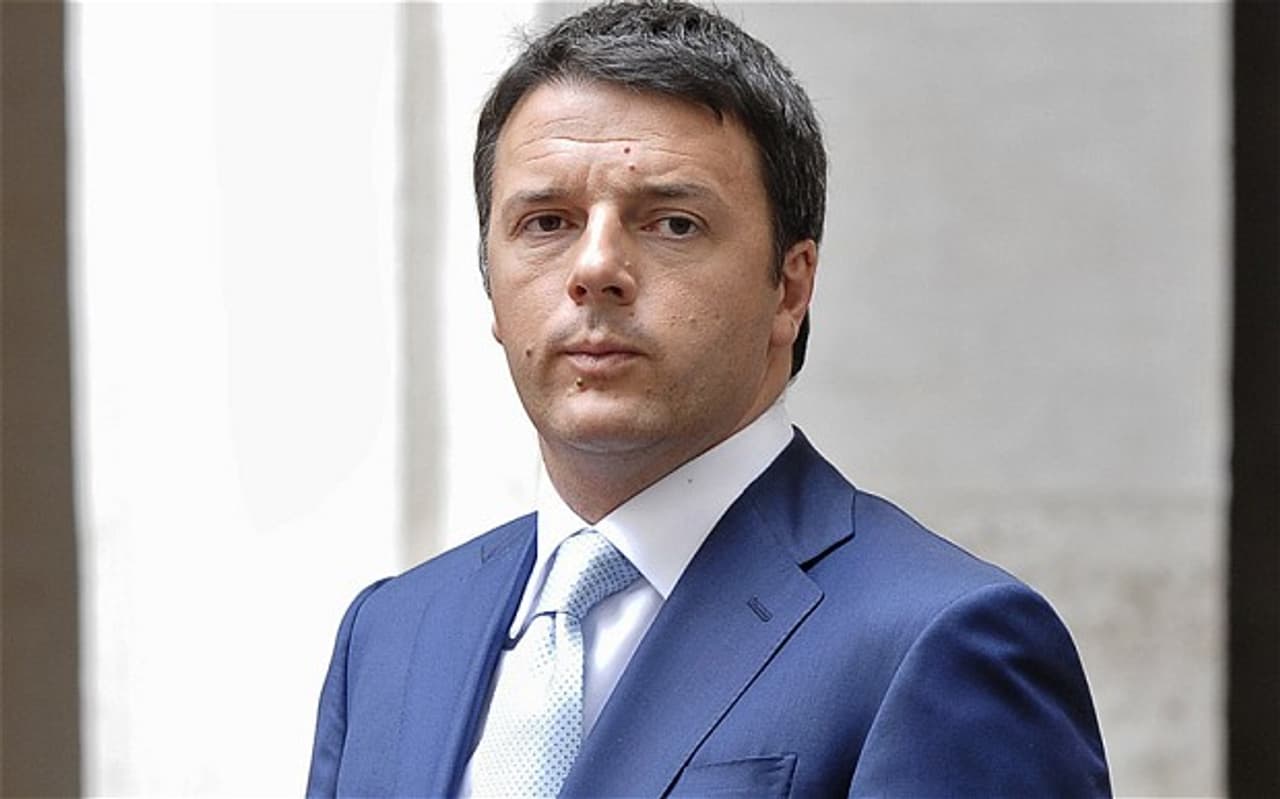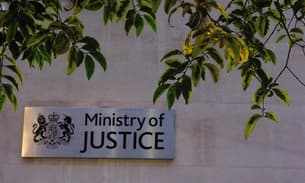
Beneficial ownership registers in EU states won’t be made completely public
Italian PM Renzi as president of the EU council is pushing through new European anti-money laundering rules
Last March MEPs voted overwhelmingly to introduce a new transparency disclosure rule that would compel all 28 European states to make publicly accessible the real owners of companies and trusts.
The decision was hailed as a major breakthrough by anti-corruption campaigners fighting financial crime and tax abuse.
Lawyers working for drug cartels and corrupt individuals for years have used so-called shell companies to move money across borders on behalf of their clients.
In this way, criminals and tax evaders have remained hidden.
The EU parliament vote last March appeared to put an end to what has been dubbed “phantom firms” and “shell games”.
But as final negotiations on the EU’s Anti Money Laundering Directive are set to conclude this evening, it appears the resolve of European policymakers to pass what is seen to be a crucial new anti-corruption tool is weakening.
A leaked draft compromise agreement passed to the Bureau of Investigative Journalism shows that the directive may fall short of making registers completely public.
Instead, according to the draft: “Member States may restrict the use of data obtained …to the purposes connected with a legitimate public interest under the EU or national law, such as the fight against money laundering or terrorist financing or associated predicate offences.”
The introduction of this condition is seen by campaigners as watering down what MEPS voted for just eight months ago.
Additionally, the compromise draft allows member states to provide a case-by-case exemption “if this would expose the beneficial owner to the risk of identity theft, fraud, kidnapping, blackmail, violence.”
The exemption could make it far harder for public interest journalists and campaigners to collect information on a company or trust’s true “beneficial owners”.
MEPs are meeting this morning to finalise their position before entering into what are expected to be final negotiations on the new AML directive with EU member states this afternoon in Strasbourg, France. Talks are likely to conclude this evening.
Under the current draft compromise agreement, all European Union countries will be required “to obtain and hold adequate, accurate and current information on their beneficial ownership” which must be held “in a central register”.
Details of the real owners of companies’ and trusts’ nationality, country of residence and “number of shares, categories of shares (including the nature of the associated voting rights) and proportion of shareholding or control” will be supplied to central registers if the draft gets translated into EU law.
But it is understood that member states led by Germany are attempting to restrict the information collected to just the name and date of birth of beneficial owners.
It is thought unlikely that MEPs, led by co-rapporteurs Dutch Green MEP Judith Sargentini and Latvian EPP MEP Krišjānis Kariņš, will sign up to the German led attempt to restrict the information that has to be disclosed to the new registers.
If MEPs hold firm on this detail, it could mean any agreement on a new Anti Money Laundering Directive will have to wait until next year when the Latvian government assume the EU Council chair.
Last night a collection of campaign groups including Global Witness, Transparency International and the Financial Transparency Coalition wrote to Judith Sargentini urging her “not to accept any compromise … that does not include fully public information on beneficial owners”.
Last week 45 journalists from 23 countries urged EU Commission president, Jean-Claude Juncker to force through beneficial ownership public registers. On Friday, Juncker responded in a letter to the Bureau which fell short of outright endorsement of the measure. The EU president said he would seek “clarification on the possibility of access by third parties who demonstrate a justified legitimate interest.”
Currently, the Italians, under its prime minister Matteo Renzi (pictured), hold the EU council presidency and are keen to wrap up AMLD discussions today.




